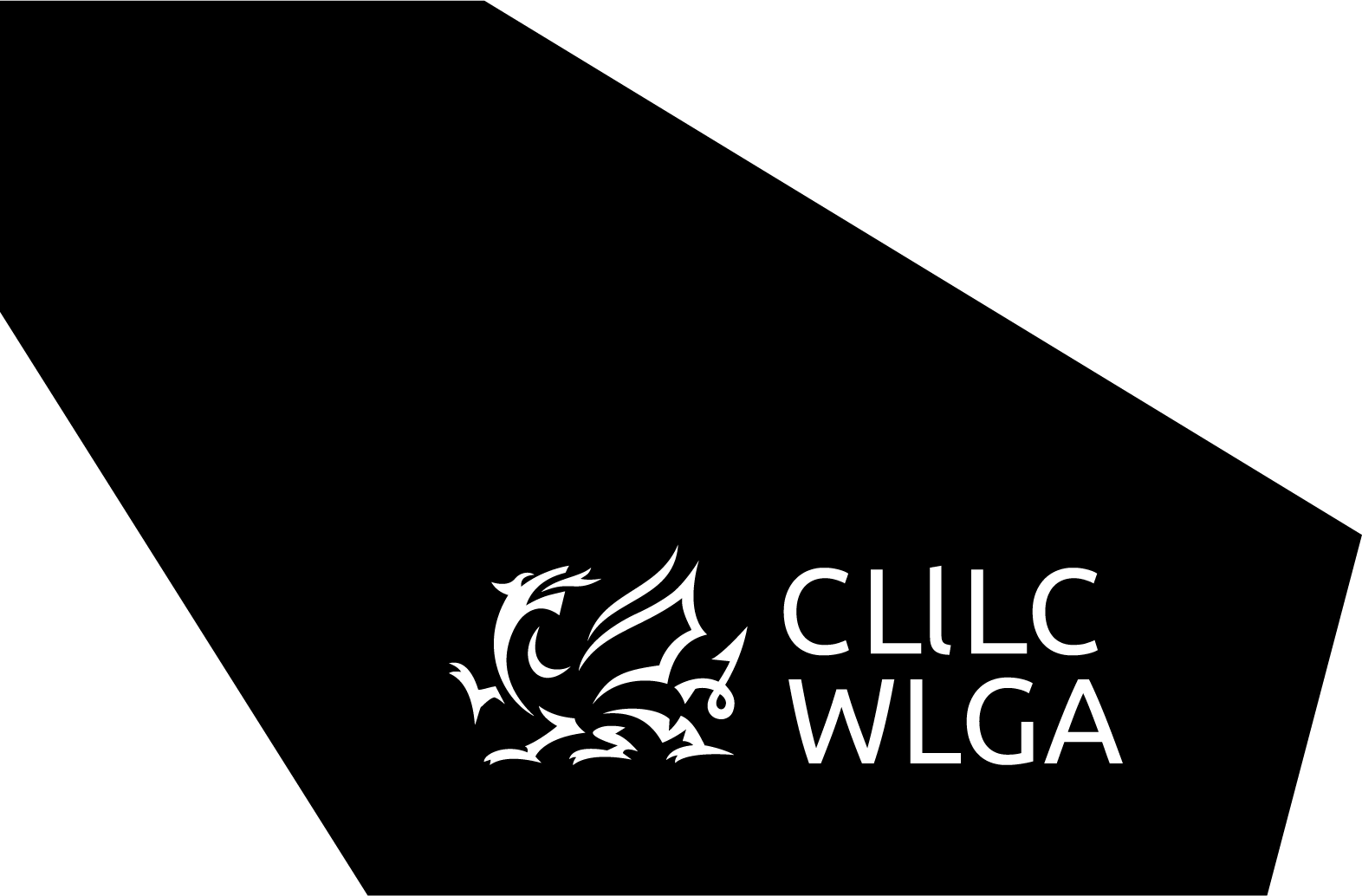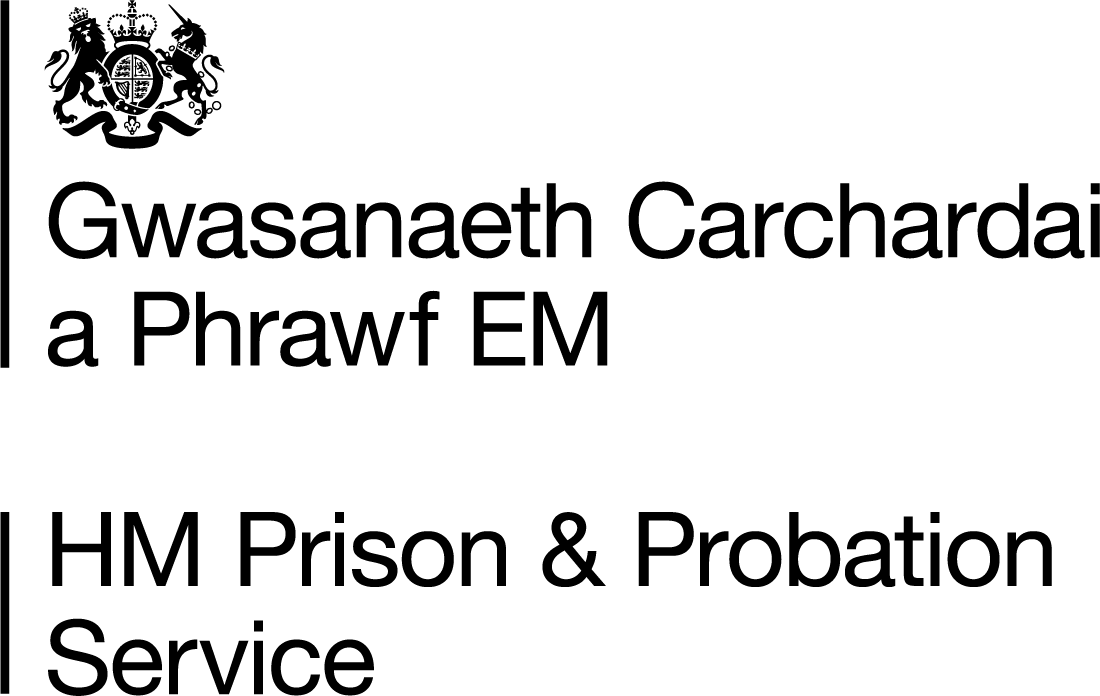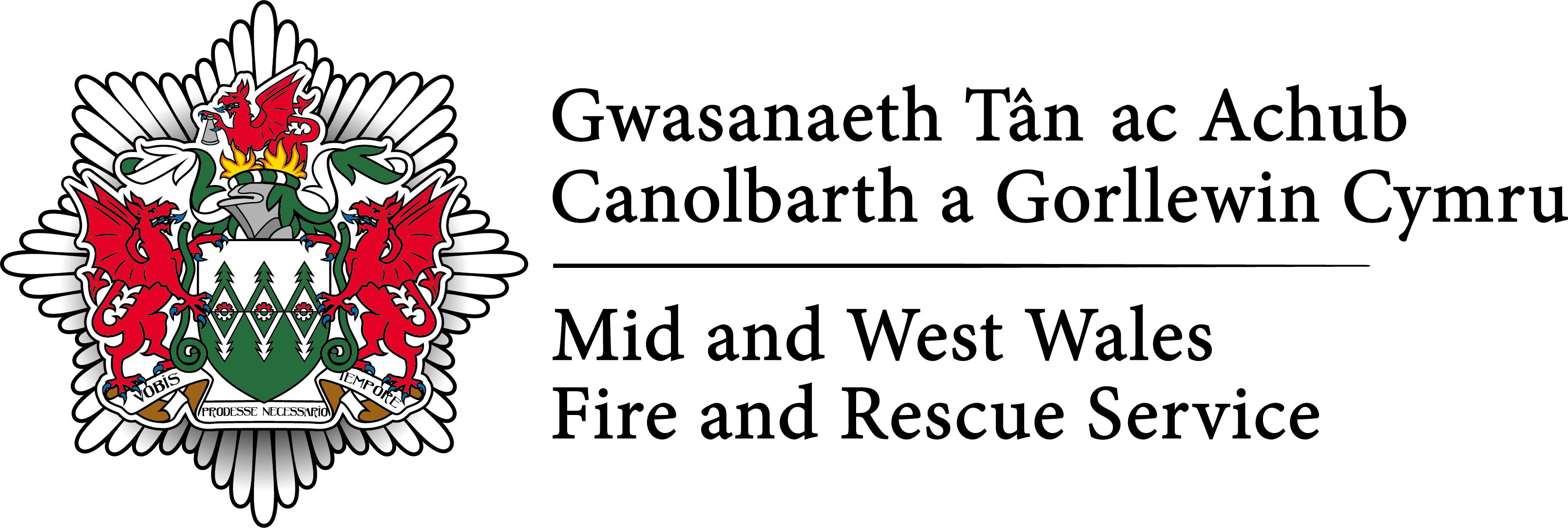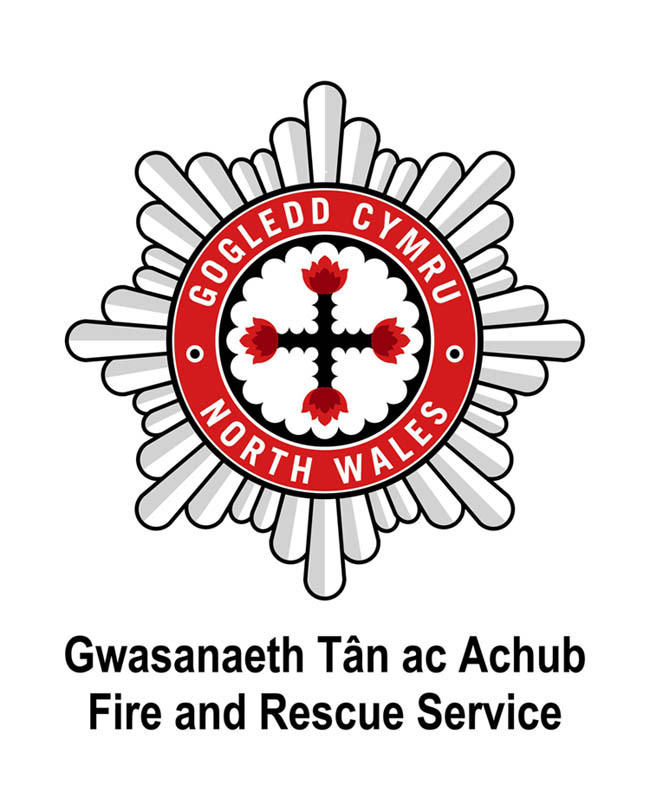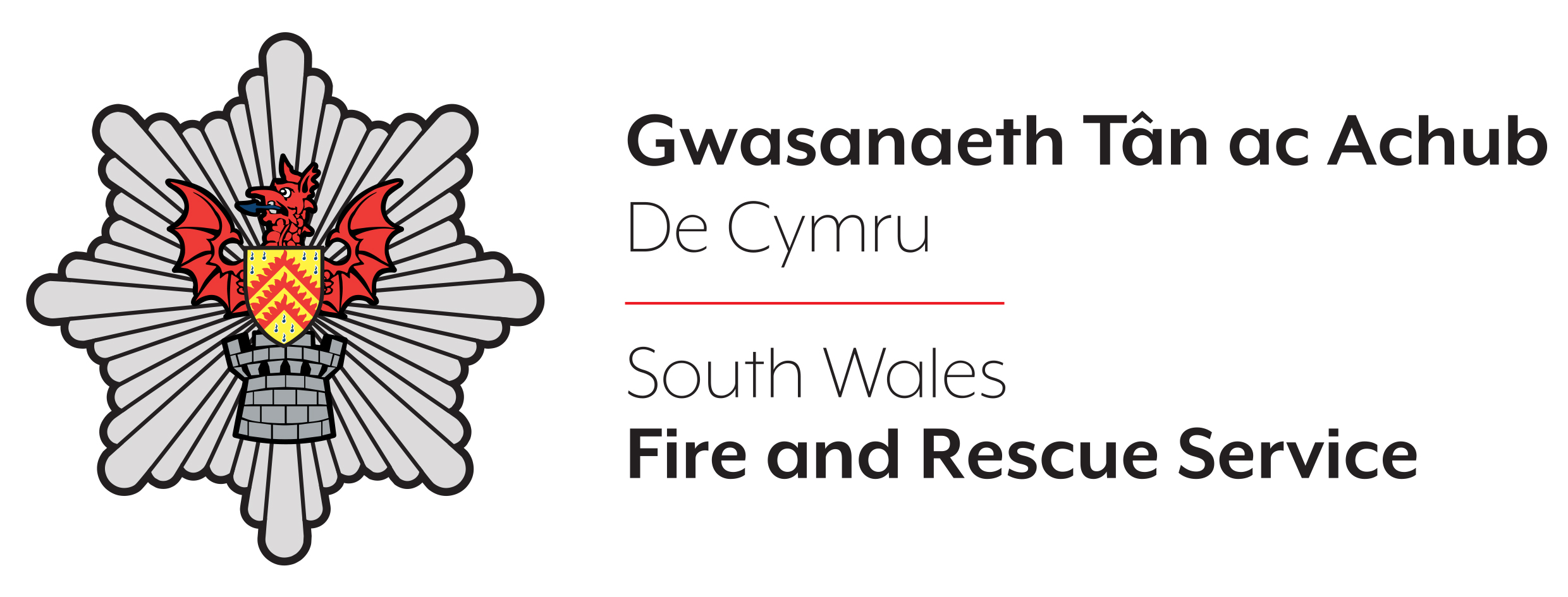The following are the main legislation currently impacting on VAWDASV in Wales and the UK:
- Domestic Abuse Act 2021
- Violence against Women, Domestic Abuse and Sexual Violence (Wales) Act 2015
- Social Services and Wellbeing (Wales) Act 2014
- Wellbeing of Future Generations (Wales) Act 2015
- Serious Crime Act 2015
- Serious Organised Crime and Police Act 2005
- Sexual Offences Act 2003 (Part 1)
- Female Genital Mutilation Act 2003
- Housing (Wales) Act 2014
- Anti-social Behaviour, Crime and Policing Act 2014
- Policing and Crime Act 2017
- Protection from Harassment Act 1997
- Protection and Freedoms Act 2012
- Crime and Disorder Act 1998
- Domestic Violence, Crime and Victims Act 2004
- Family Law Act 1996
- Domestic violence disclosure scheme: guidance (2012) ‘Clare’s Law’
- Children and Young People Act 1933
- The Children Act 2004 (England and Wales)
- The Human Rights Act 1998
- The European Convention on Human Rights
- The UN Convention on the Rights of the Child (the UK has ratified)
- The section 47 of the Children Act 1989
- The Adoption and Children Act 2002
- The UN Convention on the Elimination of All Forms of Discrimination against Women
It is important to note that there is one Bill going through the UK Parliament which is likely to add to this, the Police, Crime, Sentencing and Courts Bill.





